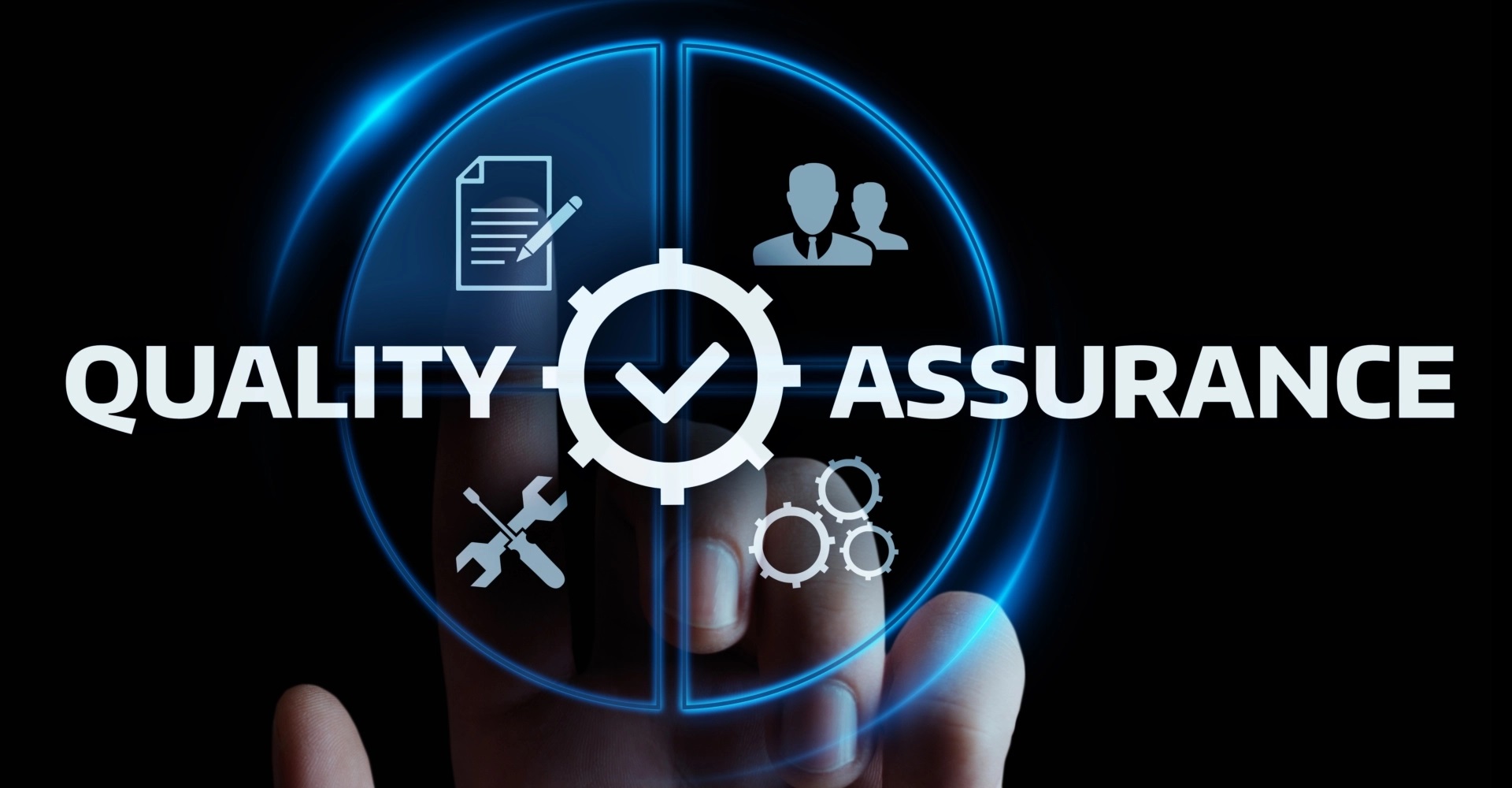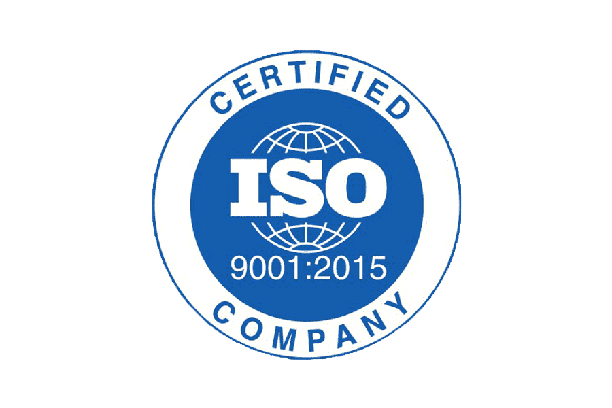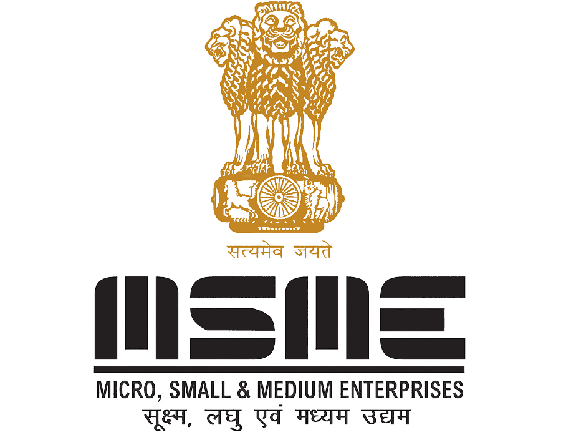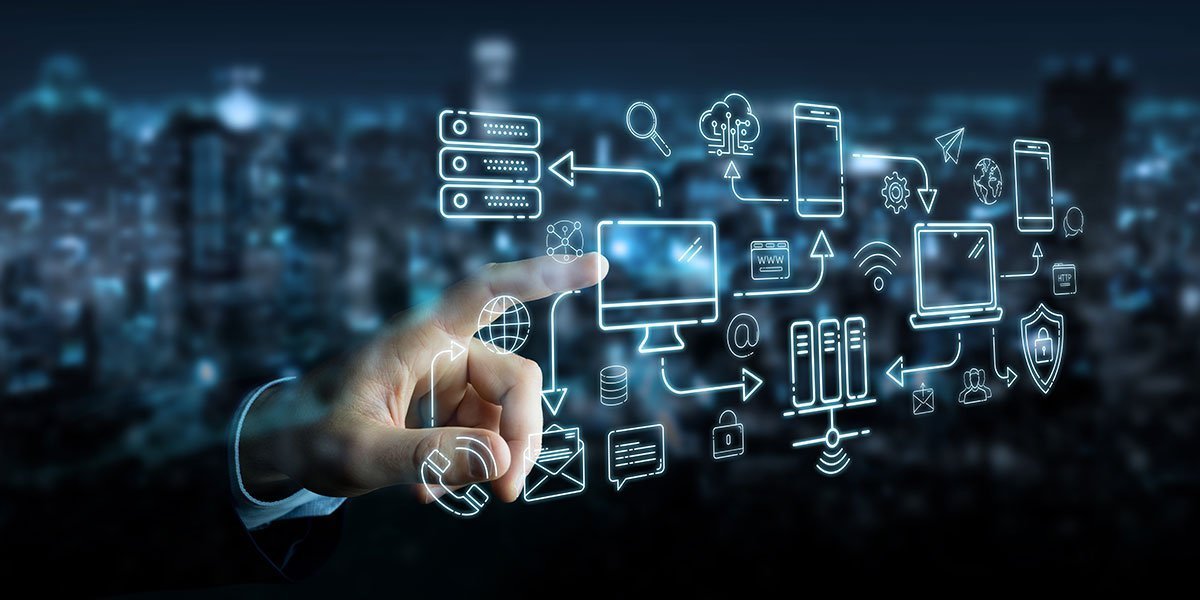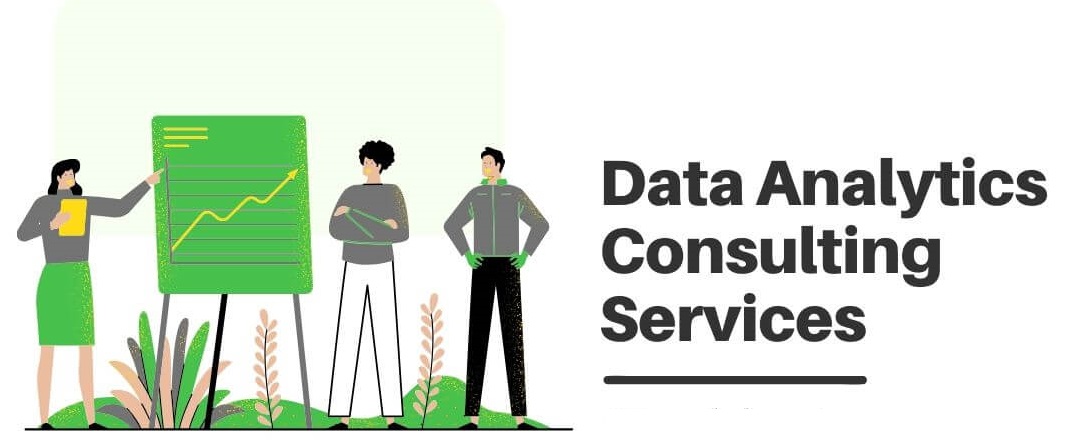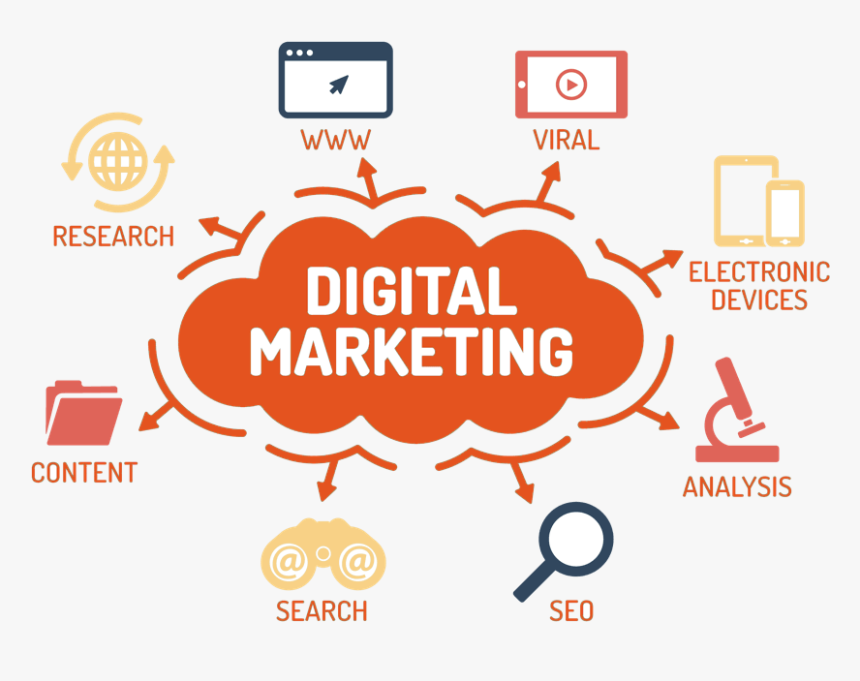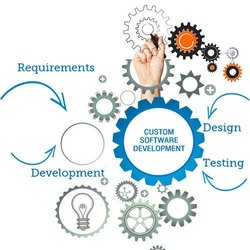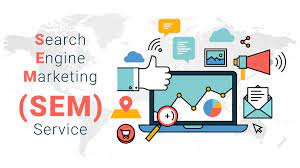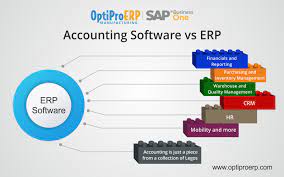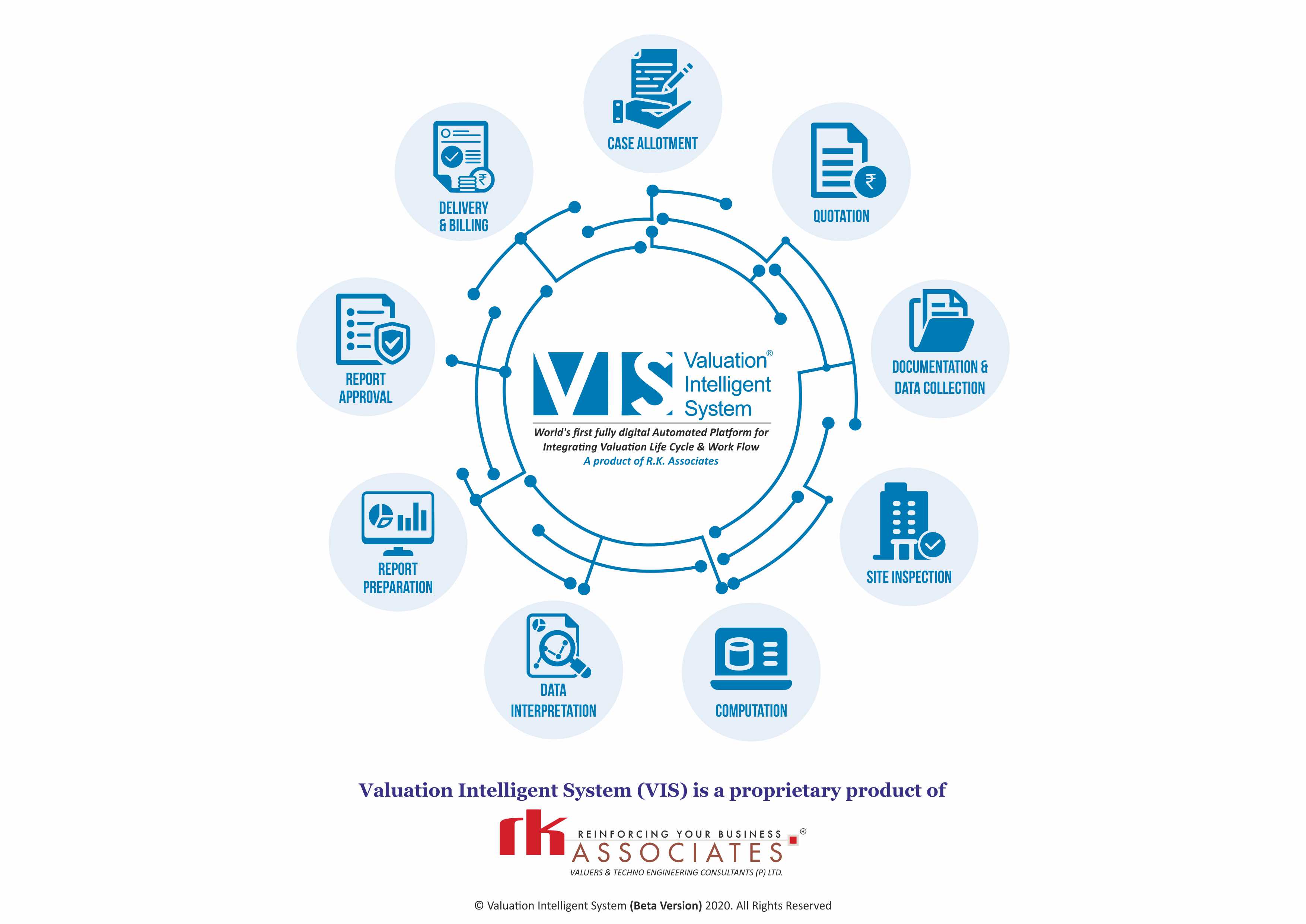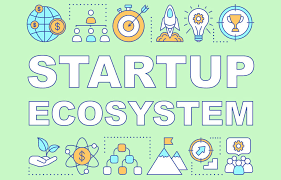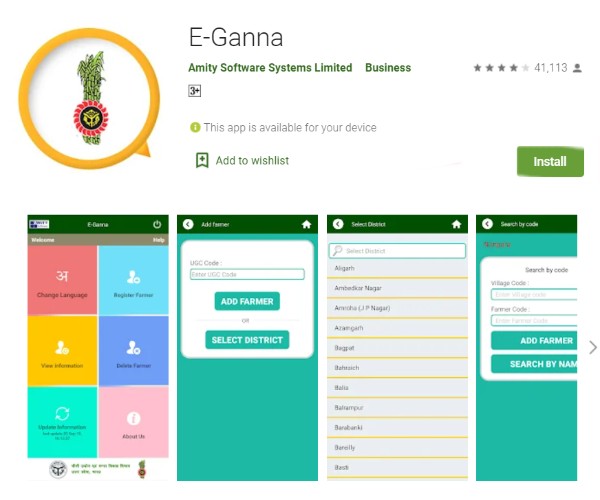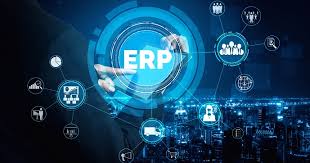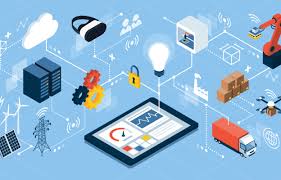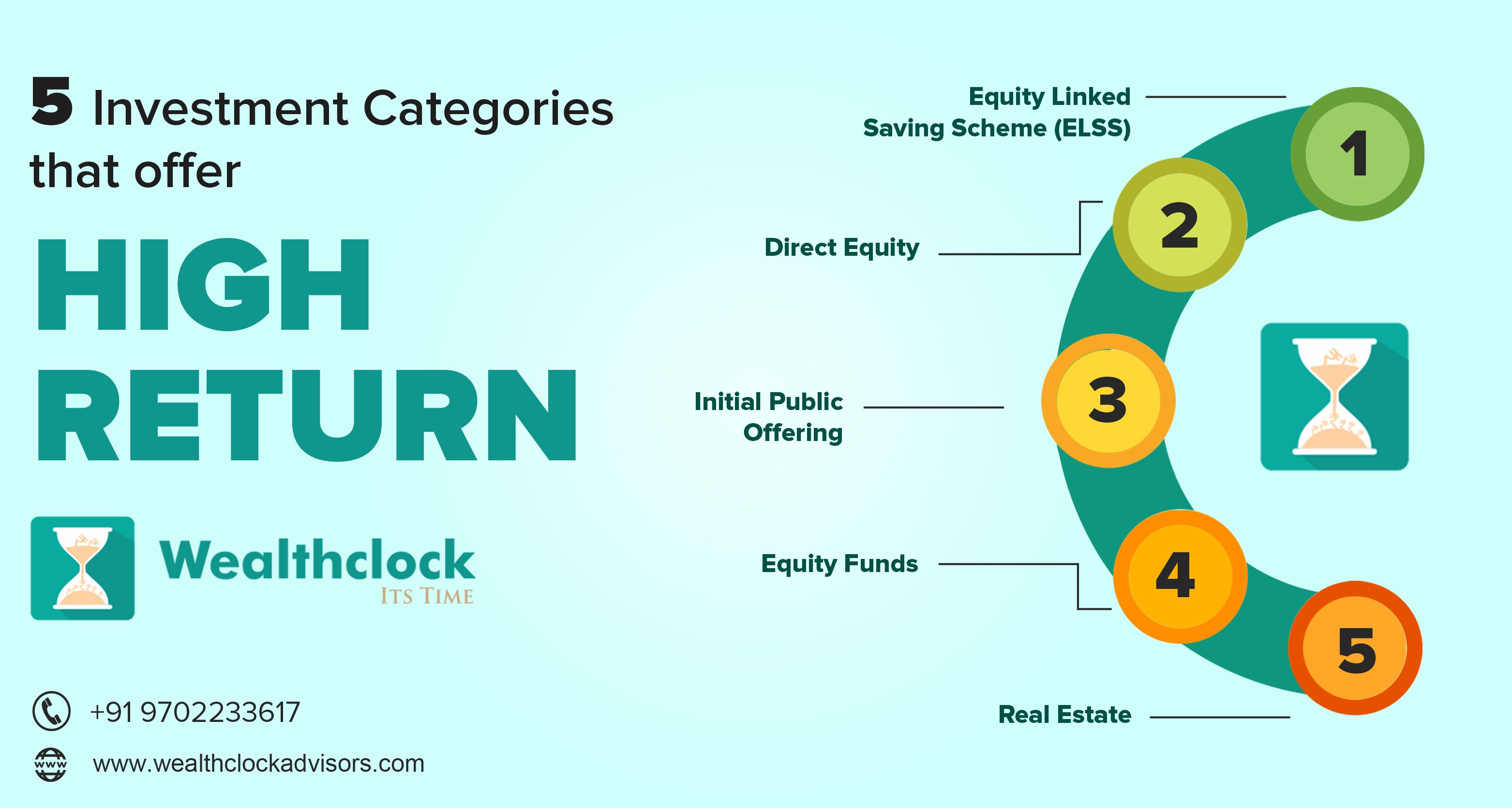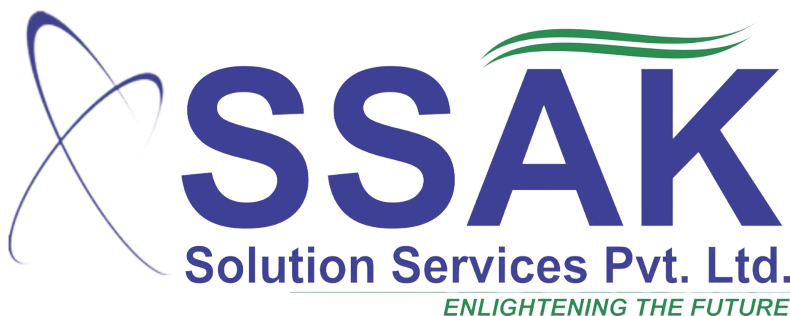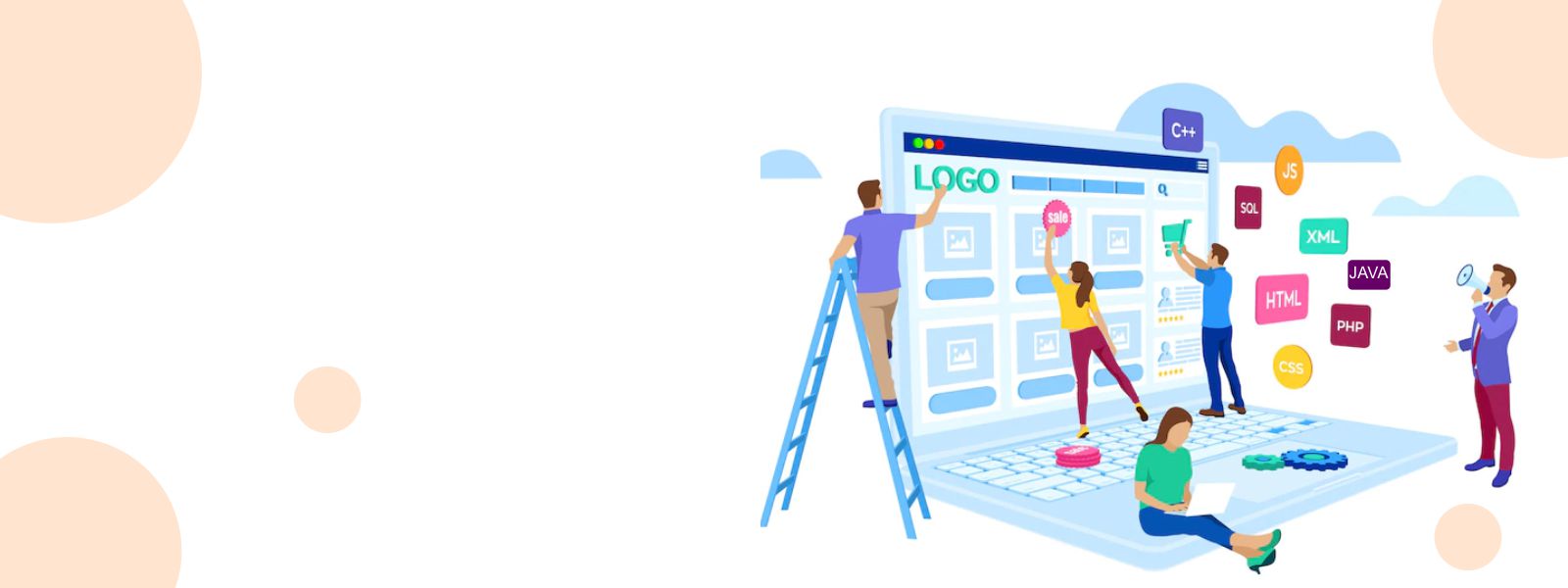
Call/ WhatsApp for Website Development-+919250090052
Get a stunning website to fulfill your business objective with the team of professional having experience for more than 10 years...
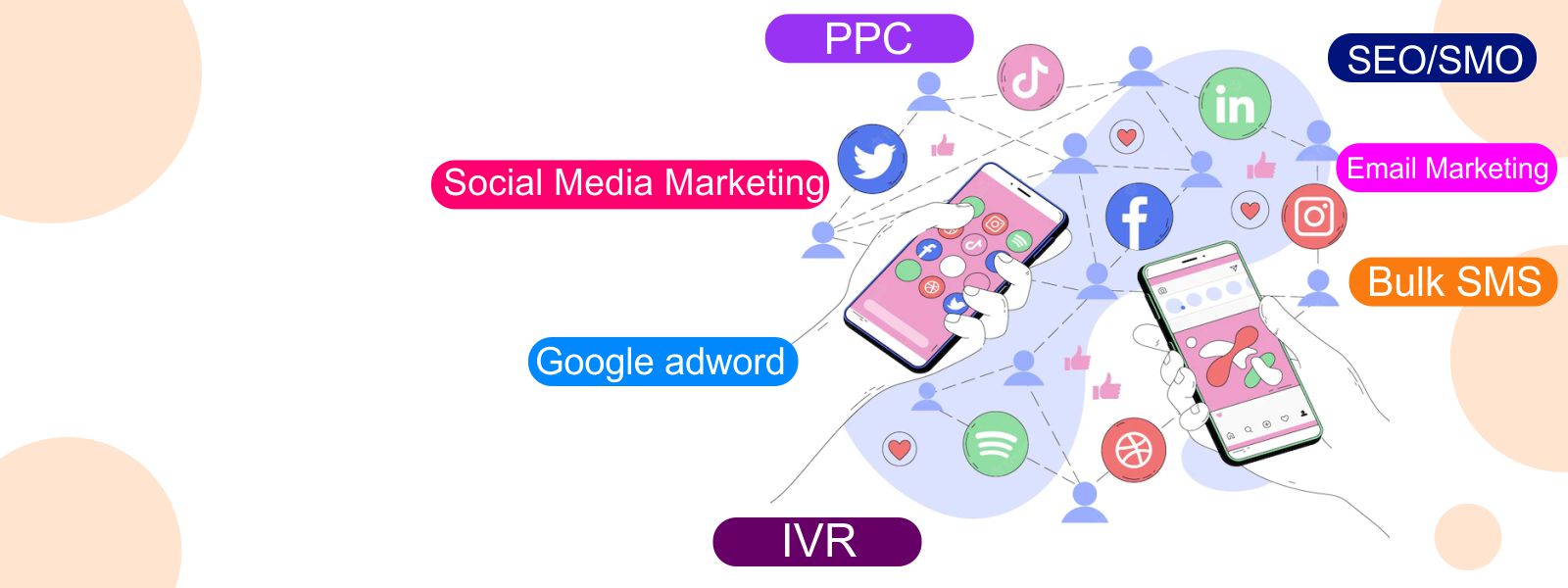
Call/ WhatsApp for Digital Promotion- +919250090052
We Delivering Committed Business Through Digital Marketing platform. Promote solution/ product / political profile with our Professional Strategies...
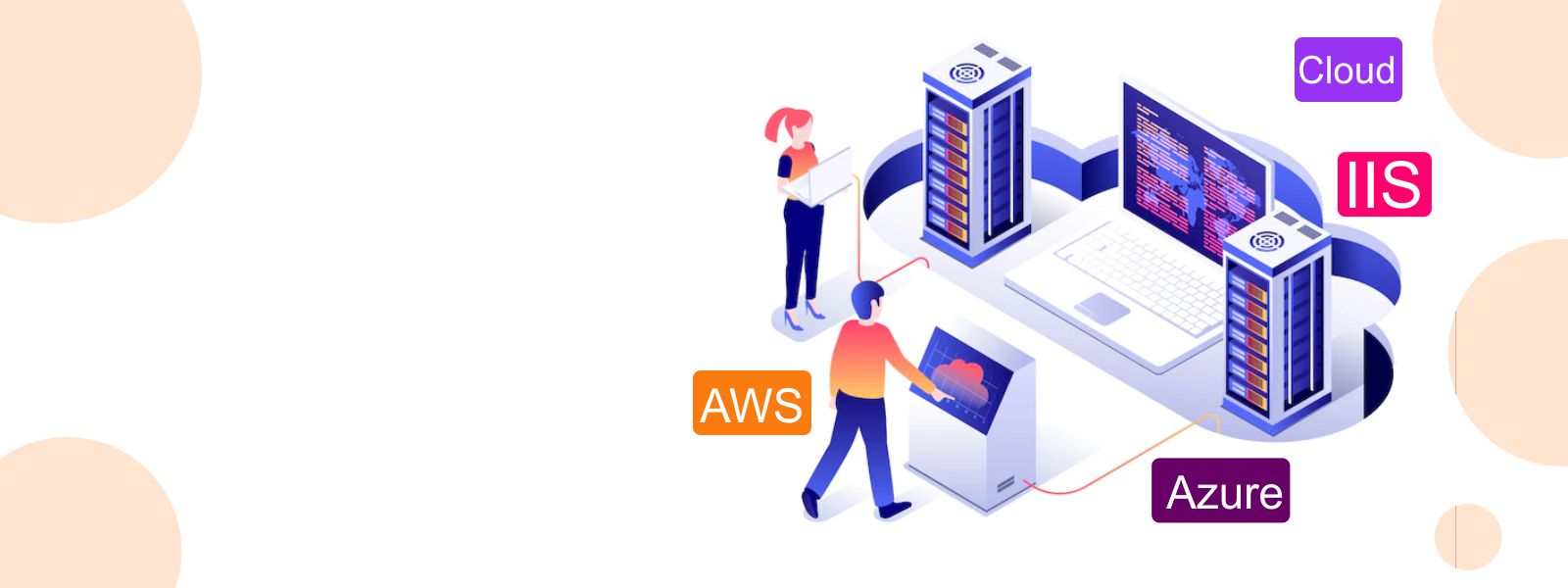
Call/ WhatsApp for Web Hosting- +919250090052
Get a secured web hosting or cloud solution for the your website and Web application with a dedicated 24*7 Customer Support in just a call...

Call/ WhatsApp for Ecommerce Website- +919250090052
Get a stunning ecommerce website with the professional having more than 10 year of expertise in just 40hr else we will make your website for free.....
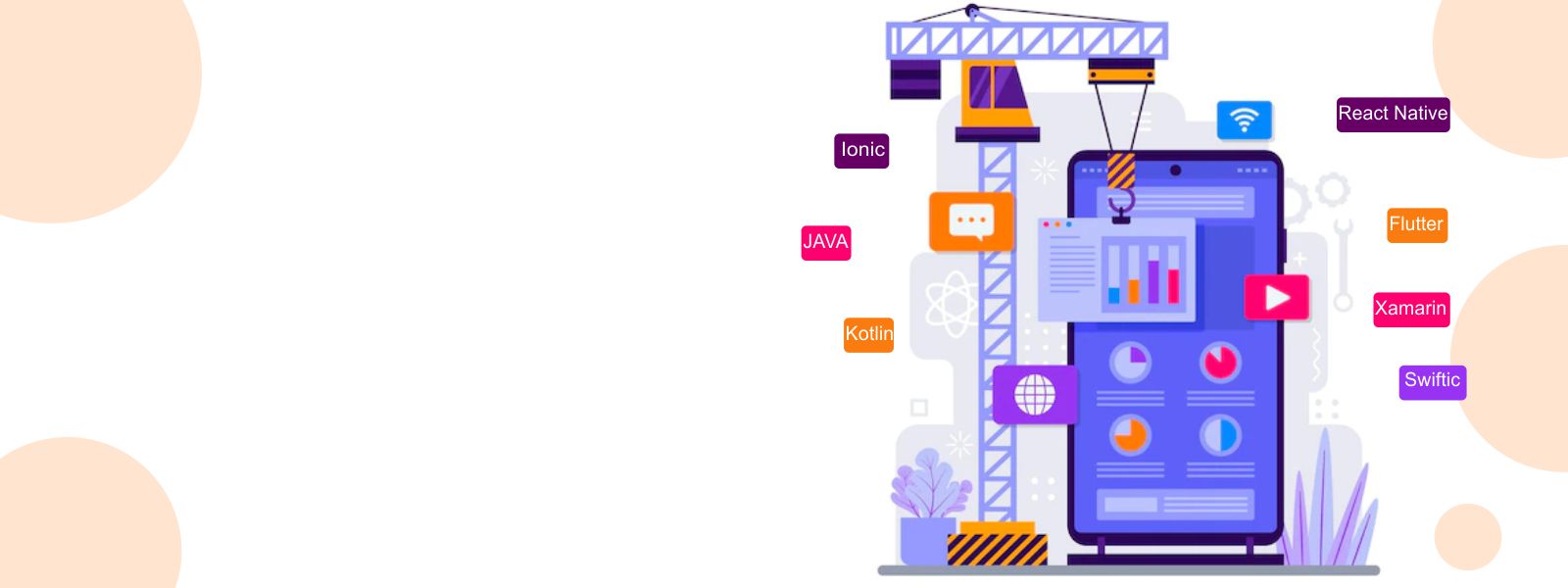
Call/ WhatsApp for Mobile Application- +919250090052
Call us today to get a mobile application developed by the professional having expertise of more than 10 years on Androis and IoS...
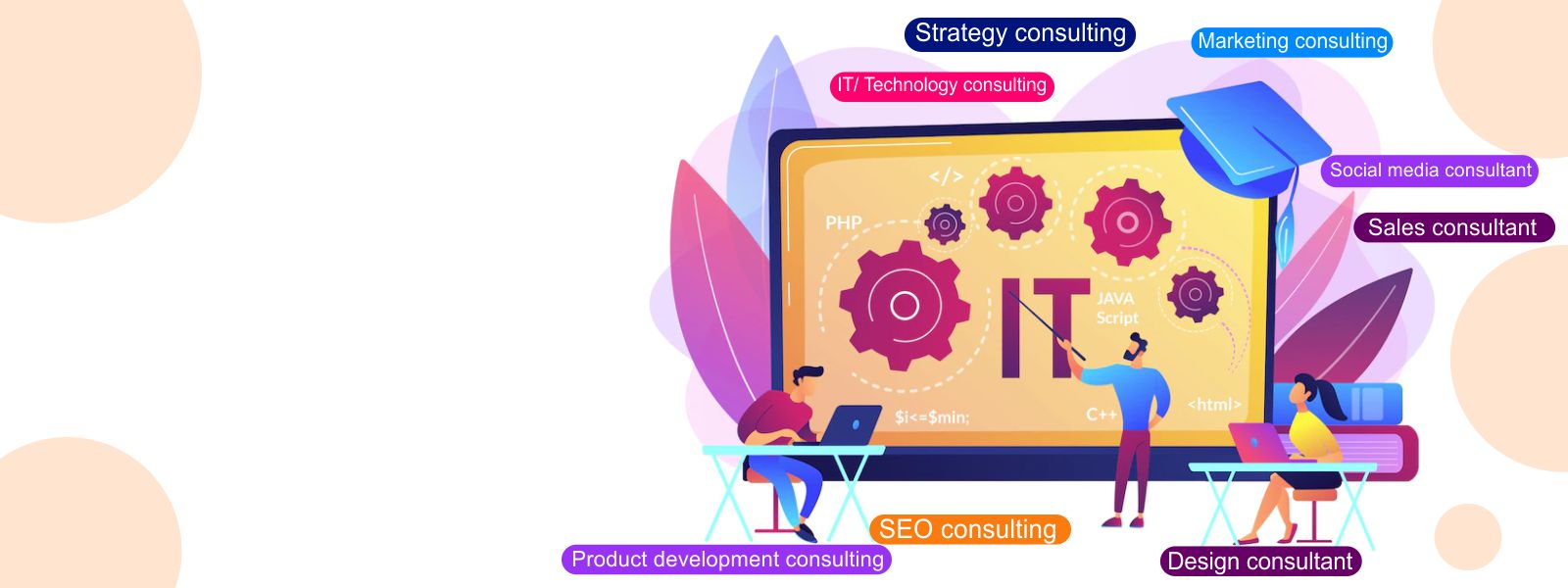
Call/ WhatsApp for IT Consultation- +919250090052
Looking for IT Consultant to design a solution for your organization or planning for the startup. Connect today for highly experienced professional..
Our Services
We are expert in exploring ideas and developing the tailored digital product as per your business needs and strategies.
